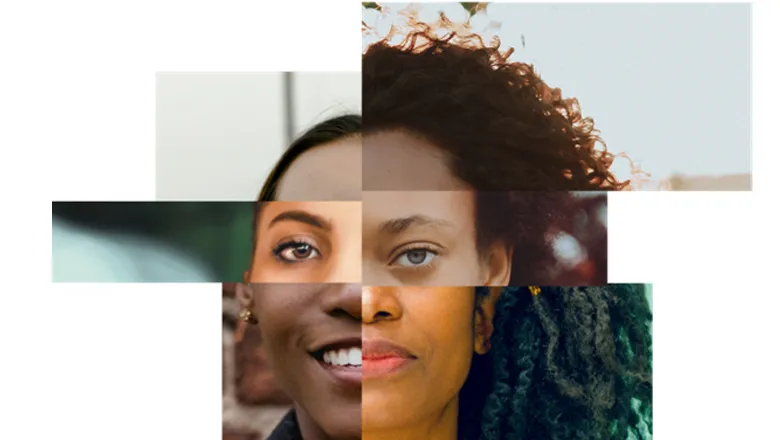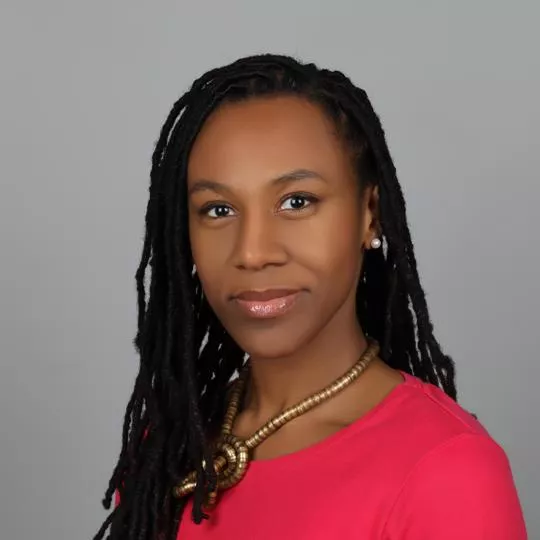I want more people to interrogate what they're doing and think, maybe it isn't OK…I want people to start questioning themselves and thinking about how they're treating others and how they're looking at the world and I think projects like our own, the other work that's being done, the conversations online, just that greater awareness of what colourism is, I think that would really help.
Dr Aisha Phoenix
21 November 2023
The impact of colourism on people and societies around the world
A new podcast episode looks at how colourism affects people and their life chances, and how research is helping to fill the gaps in our knowledge around this pervasive, but perhaps not widely known form of discrimination.

The latest episode of the WORLD: we got this podcast series, looks at the topic of colourism and the impact it is having on individuals and societies around the world.
Featuring Dr Aisha Phoenix, a Lecturer in Social Justice from the School of Education, Communication & Society, the episode also explores what lies behind colourism and hears about her research that is helping improve understanding around the prevalence and effects of colourism.
Dr Phoenix explains that colourism is skin shade prejudice in which minoritised ethnic people are increasingly penalised the further their features are from those associated with whiteness. In colourism, people with dark skin are treated worse than those with lighter skin. Black people, for example, can experience worse treatment when they have darker skin, a broad nose, fuller lips and tighter curls. She says colourism is related, but distinct from racism, in that racism is prejudice or discrimination based upon a person's racialised or ethnic group, whilst colourism is prejudice based on skin shade that can affect the intensity of racism.
She says colourism is a global issue and, although the histories of the prejudice differ, the consistent pattern is that those with darker skin are subjected to greater prejudice. It is linked to transatlantic slavery, colonialism, or the fact that having darker skin was associated with outdoor work and so linked with lower social status.
She outlines how US research has shown it has a huge range of consequences, such as students with darker skins completing fewer years of schooling and teachers having lower expectations of them. Those with dark skin are also disadvantaged in the job market, in relationships and even in the criminal justice system, with those with darker skin getting longer sentences for the same crimes compared with those with lighter skin.
She says there are gaps in our knowledge of colourism and its impacts in the UK and discusses research she jointly carried out among adults and to create an Everyday Colourism Scale. She also outlines how she is the Principal Investigator on a project exploring colourism among young people in the UK with a particular focus on their experiences at school. She says these studies have highlighted the ways in which colourism is experienced, perpetuated, the impacts it has and also the important role of families and teachers in perpetuating the prejudice. She says ensuring the topic is better understood and talked about more is crucial.
Listen to the podcast
Listen to the podcast on Acast. You can also catch up with other episodes in the WORLD: we got this series here.

